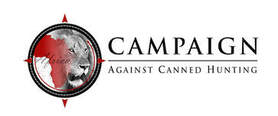To recap: Between 2010 and 2013 over 600 jackals were slaughtered in 3 South African National parks by SANPARKS for highly questionable ethical and scientific reasons. See blog post below.
SANPARKS and NMMU (Nelson Mandela Metropolitan University in Port Elizabeth) scientists A. Gaylard, G. Kerley and L. Minnie then published a worthless paper with the Journal of Applied Ecology in London, in which they were untruthful on the massacres.
Concerns from other scientists with respect to the ethics and scientific justifications for the slaughter were shunted aside by the University until finally, one Professor Parker was called in to mediate. The Parker report found that:
- The authors from NMMU and SANPARKS were probably deliberately untruthful in non-disclosure of important information on the jackal massacres to the publishing Journal of Applied Ecology London. In a nutshell they lied.
- That the University authors did not have an ethics approval from the University ethics committee to participate in the investigation of the carcasses of the jackals at the time they were massacred (2010-2013).
It is a primary requirement for all wildlife research that an ethics approval certificate is in place before any research is undertaken.
To date NMMU / SANPARKS authors still arrogantly refuse to provide proof of data relating to other highly questionable findings on these jackal massacres in what has become another side-stepping of accountability and truthfulness of these scientists at the expense of wildlife and the tax payer.
